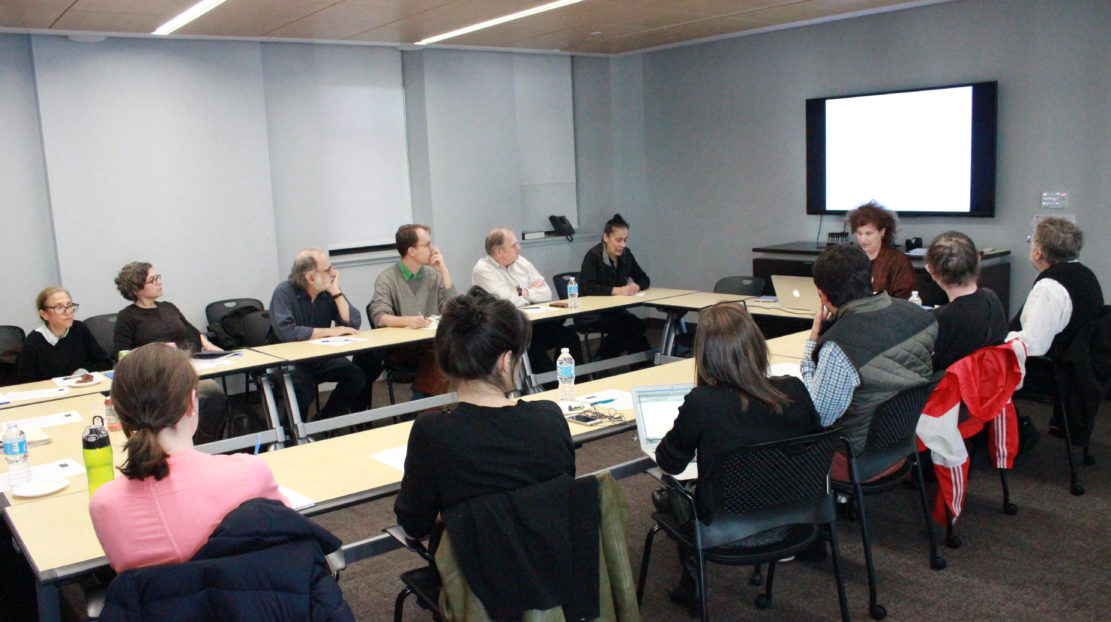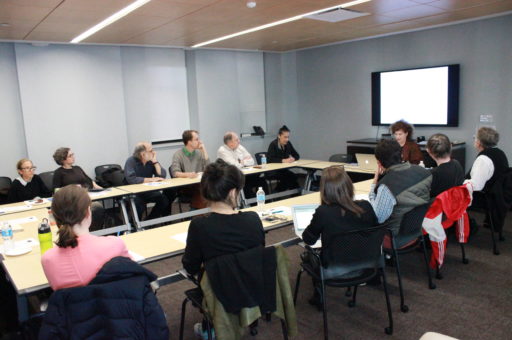About Marsha Siefert
Budapest, Hungary
Marsha Siefert (CBA ’16) is Associate Professor of History at Central European University in Budapest, and the editor of five books including Mass Culture and Perestroika in the Soviet Union and Extending the Borders of Russian History. Through her publications on sound recording and musical film, she has analyzed the historical dynamics and intersection of musical performance, its reproduction and its cultural evaluation; since moving to Budapest she has expanded her interest in music biography to encompass performers and composers from Eastern Europe and Russia. Her co-publishing project with Soviet scholars during the last years of the Cold War inspired her current work on cultural diplomacy and Soviet cinematic co-productions, including in-depth research on the feature-filmed lives of Tchaikovsky, Liszt, and Kálmán. Recently she contributed chapters to several collections, including Cold War Crossings (2014), Cold War Cultures (2012), and Divided Dreamworlds (2012).
Red Shoes: Sovietizing Russian Ballet on Film
Taking its title from the iconic 1948 British ballet film Red Shoes which portrayed Russian ballet through a fairy tale, Siefert’s project examined how Soviet filmmakers aimed to screen their most famous cultural export for an international cinema audience through a Soviet lens, by looking at Soviet ballet films co-produced with the West. The Soviet films Tchaikovsky (1969) and The Blue Bird (1976) featured imperial Russian musical compositions danced by Soviet ballerinas to project emotional ties across political divides. Anna Pavlova (1983) co-produced with the UK dramatizes the ironies of film co-production: UK filmmakers and funders capitalized on Pavlova’s historical presence in England while for Soviet filmmakers she represented the dilemma of Sovietizing Russian ballet for cultural export, because she never returned.




